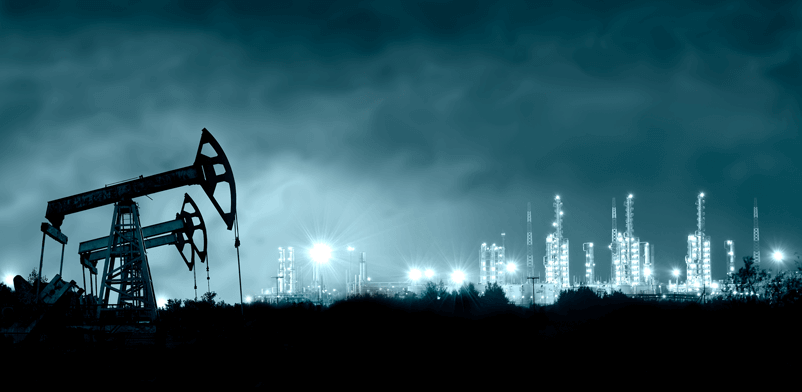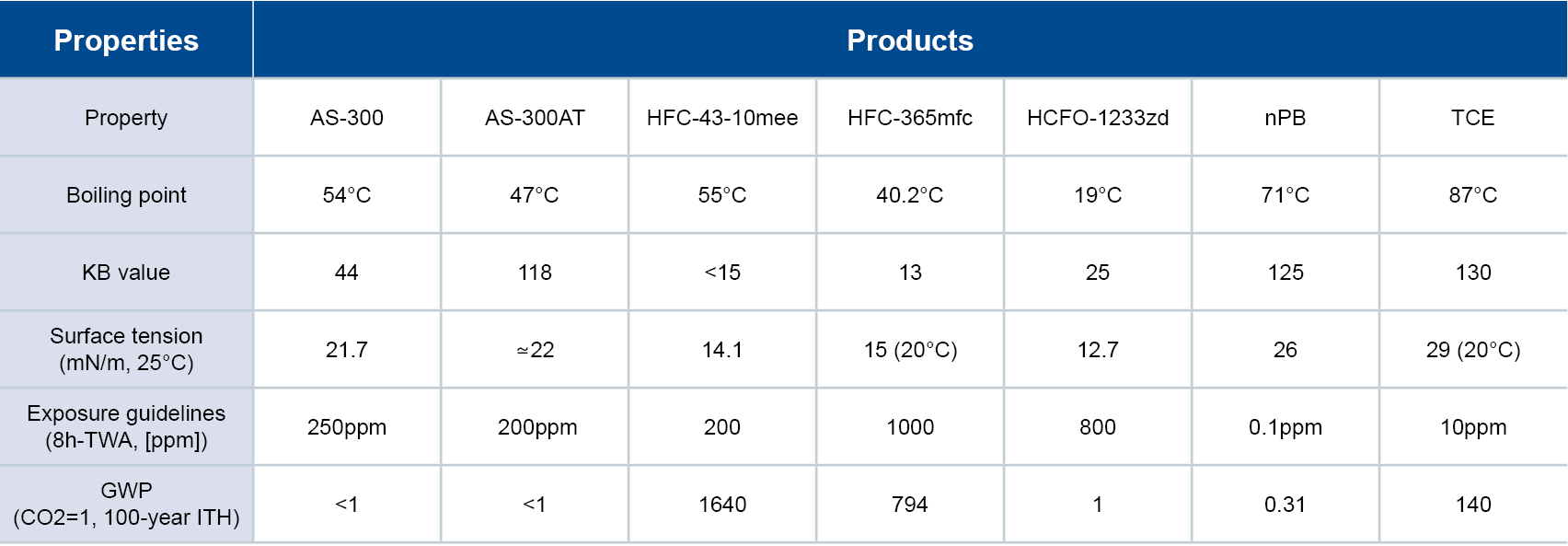Specialty Fluoroelastomers Protect Equipment Components in Oil and Gas Recovery

Reading Time: 2 minutes
To extract as much product out of an oil or gas reservoir as possible, exploration and production companies use enhanced oil recovery (EOR) techniques to operate in high-pressure, high-temperature (HPHT) downhole conditions. These production methods typically utilize gas, steam or chemical injection to extend the productive life of a reservoir.
Although EOR techniques are extremely effective, they place significant strains on the mechanical seals, pump seals, O-rings, gaskets, T-seals and packings that are the workhorses of downhole oil and gas recovery applications. Exposure to high temperatures can cause seals to lose their elasticity, making them hard, brittle and susceptible to outgassing. Contact with harsh chemicals and solvents can cause some elastomeric seals to swell. And potentially, leading to their rupture and the contamination of both the process and outside environments.
Elastomers Challenged at HPHT
There are many kinds of elastomers, each with its own features. For example, peroxide-curable hydrogenated nitrile butadiene rubber (HNBR), nitrile butadiene rubber (NBR) and ethylene propylene diene monomer rubber (EPDM) have a thermal resistance of >150 °C. Peroxide-curable tetrafluoroethylene propylene (FEPM/TFE-P) has a thermal resistance of >230 °C.
Triazine-curable perfluoroelastomers (FFKMs) have higher temperature resistance of >300 °C. However, they have poor steam and hot amine resistance. Peroxide-curable FFKMs typically have better chemical resistance but relatively poorer thermal resistance.
Specialized FFKM Solutions
Components made from specialized peroxide-curable FFKMs can meet the challenges of operating in these harsh environments—exceeding the performance characteristics of fluoroelastomers (FKMs) and HNBRs commonly used in many oil and gas industry applications.
AGC’s AFLAS® PM-1100 and PM-3000 fluoroelastomers are derived from tetrafluoroethylene and perfluoroalkyl vinyl ether, which offer superior resistance to chemicals, oils and solvents. Components formulated with AFLAS PM-1100 and PM-3000 last longer in critical applications, which reduces downtime and improves production. In addition, they can be compounded to be highly resistant to rapid gas decompression.
AFLAS PM-1100 imparts a continuous service temperature at 230 °C, with peak excursion exposure to 250 °C. AFLAS PM-3000 imparts a continuous service temperature at 250 °C, with peak excursion exposure to 270 °C.
These materials can also be used to fabricate parts for demanding applications in the harsh environments found in the chemical processing, industrial equipment, food handling, semiconductor manufacturing, pharmaceutical, heavy-duty diesel and automotive industries.
Customized Parts
When specialized peroxide-curable FFKMs are supplied to customers as raw product, rather than as a finished part, manufacturers can customize the finished part for their clients’ specific needs. The optimal formulation depends on the intended end use. Factors to consider include press cure conditions (temperature and time), the size of parts, properties required and scorch safety. To achieve the best physical properties, these resins also require a post cure.
Click here for more information about AFLAS® PM-1100 and PM-3000 and our complete line of fluoroelastomers.
 English
English 